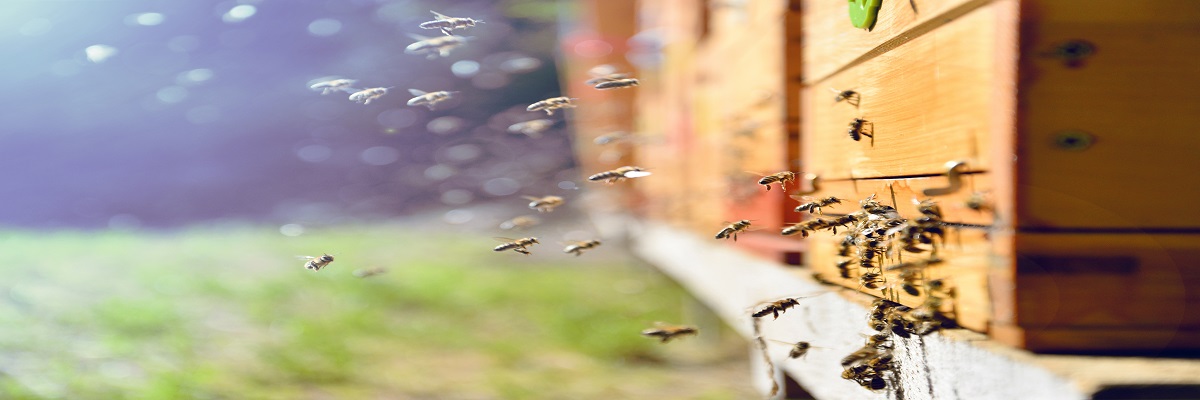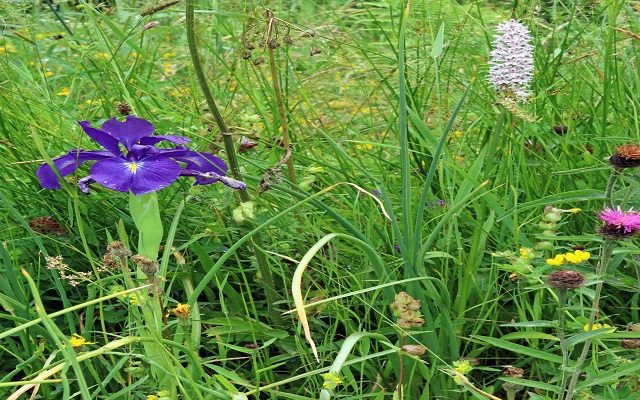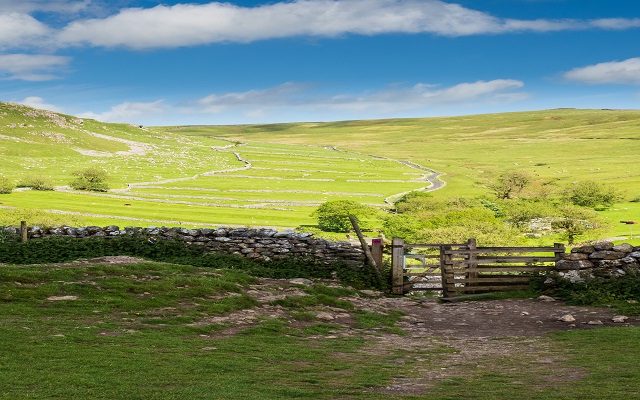Land Business Update | Week Commencing 23 June 2025
Farming & food
Confirmation of English Basic Payments for 2026/27 (England)
Basic Payments for 2026/27 will be capped at a maximum of £600 per business, a reduction from this year’s cap of £7,200 per business. The payments will continue to be based on the size of a farm, so a 1,000 acre farm which would have received £94,000 in 2020, £55,000 in 2024/25 and £7,200 in 2025 will get £600. A 100 acre farm that received £9,500 in 2020, £4,700 in 2024 and £2,300 in 2025 will get £189. The government said that it is, “ending the era of payments for simply owning land … that do not provide value-for-money or support the environment … and enable it to invest more in environmental schemes”.
Future Farming Investment Scheme capital grant scheme opening (Scotland)
The £14m Scheme, which opens for applications on 14 July and closes on 22 August, offers grants of up to 100% of the capital costs of eligible investments to improve business efficiency or environmental sustainability. The maximum grant available differs according to farm size, with farms over 150 hectares eligible for up to £20,000. However, priority will be given to new entrants, young farmers, small businesses and tenants. Unlike its equivalent scheme in England (the Farming Equipment and Technology Fund), there is no prescribed list of items to choose from. Instead, farmers can choose the ‘most appropriate’ for their business, so long as it meets one of the objectives of the scheme. Another difference is that the grants will be paid upfront, with farmers given nine months to spend it on the equipment they have chosen. Please contact Stevie Whiteford for details.
Natural capital & environment
Drought declared in Yorkshire and more dry weather to come (England)
The Environment Agency’s weather outlook until August is for a higher-than-normal chance of warmer temperatures, with an increased risk of heatwaves. The chance of a wet or dry period are balanced, although wet weather remains likely. River flows across most of England are likely to be below normal or lower for the time of year and remain so until March 2026 (which is the furthest forecast in the latest data). Ground water levels are more mixed – with the east, central, north west and north east England most likely to be below normal, and the south west and south east England normal or higher. Linked to this, the latest five-yearly National Framework for Water Resources report has stated that England is facing a shortfall in public water supplies of 5bn litres per day by 2055, which is equivalent to around a third of current daily usage, and that it will affect industries like food production. Some of this will be addressed by water companies reducing leakage, but that may only deal with 1 – 1.5bn of the daily shortfall. The Environment Agency said that water must be used more efficiently and more retained in the environment, which includes on land.
Oak processionary moth warning (UK)
The hatching season for the moth’s caterpillars, which can cause skin rashes and other health risks, is coming up and may start earlier than usual due to the warm weather this year.
Woods for amphibians (UK)
More positively, the Forestry Commission has written an interesting blog about the importance of woodlands for amphibians; woodlands are a sanctuary – particularly for young amphibians – as they often have an abundance of insects and provide shelter from predators and hot weather. Woods are also important in the winter when amphibians enter a state like hibernation – called brumation – and tuck themselves away in log piles, dead leaves or burrows. In return, the amphibians provide a natural pest control service, eating thousands of slugs!
The sound of Mediterranean summer… in Hampshire (England)
A small number of New Forest cicadas have been released near Romsey by the Species Recovery Trust in the hope of re-establishing a population there, after the native species was last sighted (or heard) in the 1990s. But we are going to have to be patient as the young spend at least four years underground before emerging. The project was part funded by Natural England.
UK Woodland Carbon Code and Peatland Code carbon prices (UK)
This data, from Ecosystem Marketplace, is based on transaction data that has been aggregated from UK project developers and retail aggregators through its carbon markets hub. The prices for both types of credit have increased but it is the spread of prices – between highest and lowest – that is most striking, especially for woodland credits.
| Transaction Year | Volume (tCO2e) | Average Price (£/t) | Price Spread (£/t) | |
| Peatland Code | 2022 | 11,400 | £23.95 | £25.00 |
| 2023 | 9,100 | £26.00 | £12.25 | |
| 2024 | 187,300 | £25.04 | £7.50 | |
| Woodland Carbon Code | 2022 | 214,000 | £19.27 | £40.00 |
| 2023 | 345,700 | £24.24 | £37.50 | |
| 2024 | 277,800 | £26.85 | £62.00 |
It’s Bees’ Needs Week from 14th to 20th July (UK)
Pollinators are an essential part of our environment and play a crucial role in food production. The aim of the week is to raise awareness of the importance of bees and other pollinators and to share ideas and actions to help them thrive. There is some good information on the British Beekeepers Association website and there are easy to take actions that anyone can do to help them: grow more nectar rich flowers, shrubs and trees; let patches of garden and land grow wild; cut (some areas of) grass less often (and the mix of cut and uncut looks great); do not disturb insect nests and hibernation spots; and think carefully about whether (or where) to use pesticides.
Rural economy & property
Planning permission no longer needed to install EV charging sockets (UK)
The revised process means private homeowners and businesses will no longer be required to submit a planning application, whether for personal use or public access. Separately, the National Energy System Operator (NESO) is going to look for opportunities to run the nation’s electricity system without gas, for a very short period (~ 30 minutes), which would make the UK one of the first industrialised countries to do so. The trial is to establish that it is possible to do.
Domestic minimum energy efficiency standard (MEES) in Scotland
The Scottish Government is consulting (again) on MEES for the private rented sector. It is one of the elements of the heat in buildings strategy.






